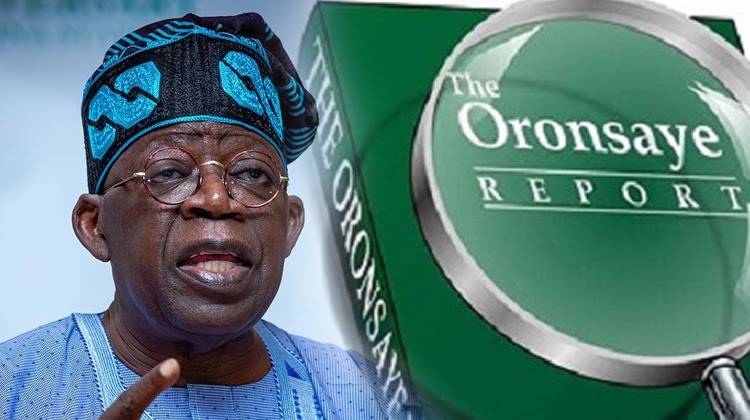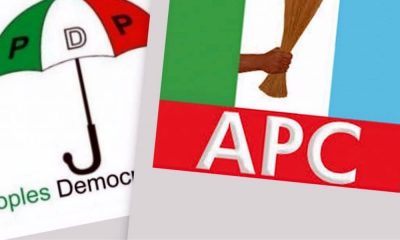News
9 Things To Know About Oronsaye Report

President Bola Tinubu has resolved to implement the Stephen Oronsaye report that recommended a leaner government.
The Federal Executive Council approved the implementation at a meeting presided over the president on Monday.
Minister of Information and National Orientation, Mohammed Idris, disclosed this to State House Correspondents at Aso Rock, Abuja.
“So in a very bold move today, this administration, under the leadership of President Bola Ahmed Tinubu, consistent again with his courage to take very far-reaching decisions in the interest of Nigeria, has taken a decision to implement the so-called Oronsaye Report.
“Now, what that means is that a number of agencies, commissions, and some departments have actually been scrapped. Some have been modified, and marked while others have been subsumed.
“Others, of course, have also been moved from some ministries to others where the government feels they will operate better,” Idris said.
Below are nine things to know about the report:
Below are nine things to know about the report:
1 Former President Goodluck Jonathan in 2011 set up the Presidential Committee on Restructuring and Rationalisation of Federal Government Parastatals, Commissions and Agencies under the chairmanship of Stephen Oronsaye.
2) The Presidential Committee comprised of the following members—Stephen Oronsaye, Chairman; Japh CT Nwosu, Member; Rabiu D. Abubakar, Member; N. Salman Mann, Member; Hamza A. Tahir, Member; Adetunji Adesunkanmi, Member and Umar A. Mohammed, Member
3) The committee submitted an 800-page report on April 16, 2012, in which it uncovered a high level of competition among several overlapping agencies
4) This not only created ill feelings among government agencies, but also brought about unnecessary wastage in expenditure.
5) It also recommended, among other things, the discontinuation of government funding of professional bodies and councils to free funds for capital projects.
6) The Oronsaye report established that there are 541 Federal Government parastatals, commissions and agencies (statutory and non-statutory).
7) It proposed that 263 of the statutory agencies should be reduced to 161, while 38 agencies should be abolished and 52 should be merged
8) The panel also recommended that 14 of the agencies should revert to departments in ministries.
9) The government later set up a White Paper Drafting Committee headed by the then Attorney-General of the Federation and Minister of Justice, Mohammed Adoke, SAN, to study the recommendations and to produce a White Paper on the report.
-

 News4 days ago
News4 days agoRamadan, Lent: Shettima Calls For National Unity And Compassion
-

 Opinion4 days ago
Opinion4 days agoReinventing Osun’s Economy Through Dagbolu Intl. Trade Centre: From Quiet Market Lessons To Regional Trade Revolution By Adeboye Adebayo
-

 News4 days ago
News4 days ago‘Wike Factor’: Another PDP Chairmanship Candidate Steps Down For APC In FCT
-

 News2 days ago
News2 days agoInsecurity: Kogi Schools Resume On Monday


